Pro-democracy protests are raging in Hong Kong, as life in the city has come to a standstill.
This month, the United Nations hosted its annual jamboree in New York. The focus was on the 2014 Climate Summit and 100 Heads of State and Government attended it. More than 800 leaders from business and civil society also turned up. Furthermore, on September 21, over 400,000 people marched through the streets of this bustling city to raise awareness about global warming. US President Barack Obama addressed the summit, but promised no concrete action. Leaders of China and India stayed away. The summit was high on rhetoric and low on action. It seems humanity is too addicted to old sources of energy to make any sacrifices to curb the human impact on the environment.
Speaking of the environment, it turns out that the global loss of species is greater than estimated. While populations of mammals, birds, reptiles, amphibians and fish have declined by an average of 52%, the number of freshwater species have declined by a catastrophic 76%. In Ghana, the lion population is down by 90% in 40 years. There are two questions we are failing to address. First, can we continue to sustain 7 billion people on the planet without destroying the environment? Second, can we continue to follow the Industrial Revolution economic model with unfettered growth, unbridled consumption and unlimited thirst for natural resources?
The environment is a one-day headline for much of the media. What has been hogging the headlines is Obama’s decision to strike the Islamic State. Regional allies terrified of the group’s rise have published photos of a female pilot and a royal prince in a cockpit flying out to battle the terrorist organization. The alliances in the Middle East are changing like its shifting sands. So far, the US has been reactive instead of imaginative, and its flip-flop foreign policy will continue because it does not know what it wants to achieve except for preserving a status quo that is clearly untenable.
As the time of publishing, pro-democracy protests are raging in Hong Kong. Life in the city has come to a standstill. Over the past weekend, the police used tear gas and pepper spray but riot police have since been withdrawn. Crowds are continuing to swell and are peaceful, with a lot of singing and chanting going on. The Chinese Communist Party is in a dilemma because it worries about calls for democracy spreading to the mainland, challenging the stranglehold it has on power. A Tiananmen-style crackdown would chip away at the legitimacy of the party. Conceding the demands of the protesters would cause communist leaders to lose face, an anathema in Chinese culture. The issue has taken on such significance that any decision will be taken right at the top. President Xi Jinping now faces a dilemma that could define his destiny.
Brazil’s presidential election is causing much turmoil. The country’s currency and stock market fell when opinion polls showed an increasing lead for President Dilma Rousseff. Markets favor her challenger, Marina Silva, who has surrounded herself with reform-minded advisers.
In Russia, the State Duma has revived plans to ban long-distance Skype calls, in an attempt to increase revenues and curb the “threat of terrorism” and “illegal drug trade.” It seems foreign ownership of Russian media brings similar dangers: It will soon be restricted to 20% instead of the existing 50%. President Vladimir Putin’s iron grip on the media is stronger than ever, with his partner and rumored new wife recently appointed chair of the National Media Group. Meanwhile, Ukraine continues to fester even as it has disappeared from the headlines. Fighting has broken out again in Donetsk, bringing the recent ceasefire agreement into question.
Three other developments deserve attention. First, Brazil’s presidential election is causing much turmoil. The country’s currency and stock market fell when opinion polls showed an increasing lead for President Dilma Rousseff. Markets favor her challenger, Marina Silva, who has surrounded herself with reform-minded advisers. The election is a defining one for Brazil and will be close.
Second, the rise of China’s private sector and the intertwined nature of Sino-US economies were on display when Alibaba’s initial public offering on the New York Stock Exchange created waves. Alibaba is an Internet monster that is redefining ecommerce with sales of $248 billion in 2013, exceeding those of eBay and Amazon combined.
Third, Indian Prime Minister Narendra Modi received a rapturous reception reserved for rock stars in the US. In a display of rousing oratory in Madison Square Garden, he announced a major outreach to non-resident Indians, welcomed American companies to “Make in India” and simplified visa procurement for American citizens, who will soon be able to get visas when they show up on Indian shores.
As autumn begins in the northern hemisphere, we invite you to send us blog posts, articles, videos, infographics, cartoons and more. Click here to become a contributor. Meanwhile, please find below our finest articles for September.
[seperator style=”style1″]1: A Cheat Sheet for Obama on Modi’s US Visit[/seperator]
Obama needs to disregard Washington’s India experts and woo Modi, who will achieve success with Indian Diaspora and US business.
The authors of this article have read with amusement the garbage being churned out by pundits in Washington DC. They tend to be ignorant, monolingual, whiter than white so-called India experts. An odd coconut, the term used for anglicized Indians who barely speak any Indian language, is thrown … Read more
[seperator]2: Britain Betrays Hong Kong… Again[/seperator]
The British government has failed to condemn China for breaking its promise of greater democracy in Hong Kong.
If you were told the Chinese government — an unelected, one-party state — will decide who you can vote for, what would your response be? Not only would you likely object, you would expect others, especially democracies, to loudly condemn the idea. But Britain has done just the opposite to the people of Hong Kong, when it failed to call China out for breaking its promise of greater … Read more
[seperator]3: How Safe is Thailand for Tourists?[/seperator]
To restore confidence, the Prayuth government must find the culprits of the British tourists’ murder.
On September 17, Gen. Prayuth Chan-ocha, the self-appointed Thai prime minister, suggested during a speech to senior bureaucrats that female tourists in Thailand are not safe if they wear bikinis. “They think our country is beautiful and is safe so they can do whatever they want, they can wear bikinis and walk everywhere,” Prayuth said, before adding, “[But] can they … Read more
[seperator]4: Iman Bibars: Youth Employment in North Africa (Part 1/2)[/seperator]
With the second youngest population in the world, what confronts youth in North Africa’s job market?
The dire economic situation in North Africa moved into the spotlight when Mohammed Bouazizi, a young Tunisian fruit vendor, set himself alight on December 17, 2010, sparking revolts that shook dictators from Algeria to Yemen. While causes behind the uprisings were complex, encompassing decades of authoritarianism, corruption and human rights abuses, economic … Read more
[seperator]5: Chinatown Gang War[/seperator]
The migration of China’s secret societies to America led to the most violent Asian gang war in US history.
Secret societies in China, also referred to as Hock Sair Woey (Black Society), whose origins date back to the first century A.D., were formed as tongs (“clubs” or “meeting halls” in Cantonese) in America beginning in the mid-19th century. Their illegal activities included running gambling halls, loan sharking, collecting debts, extorting businesses, smuggling of … Read More
The views expressed in this article are the author’s own and do not necessarily reflect Fair Observer’s editorial policy.
Support Fair Observer
We rely on your support for our independence, diversity and quality.
For more than 10 years, Fair Observer has been free, fair and independent. No billionaire owns us, no advertisers control us. We are a reader-supported nonprofit. Unlike many other publications, we keep our content free for readers regardless of where they live or whether they can afford to pay. We have no paywalls and no ads.
In the post-truth era of fake news, echo chambers and filter bubbles, we publish a plurality of perspectives from around the world. Anyone can publish with us, but everyone goes through a rigorous editorial process. So, you get fact-checked, well-reasoned content instead of noise.
We publish 2,500+ voices from 90+ countries. We also conduct education and training programs
on subjects ranging from digital media and journalism to writing and critical thinking. This
doesn’t come cheap. Servers, editors, trainers and web developers cost
money.
Please consider supporting us on a regular basis as a recurring donor or a
sustaining member.
Will you support FO’s journalism?
We rely on your support for our independence, diversity and quality.


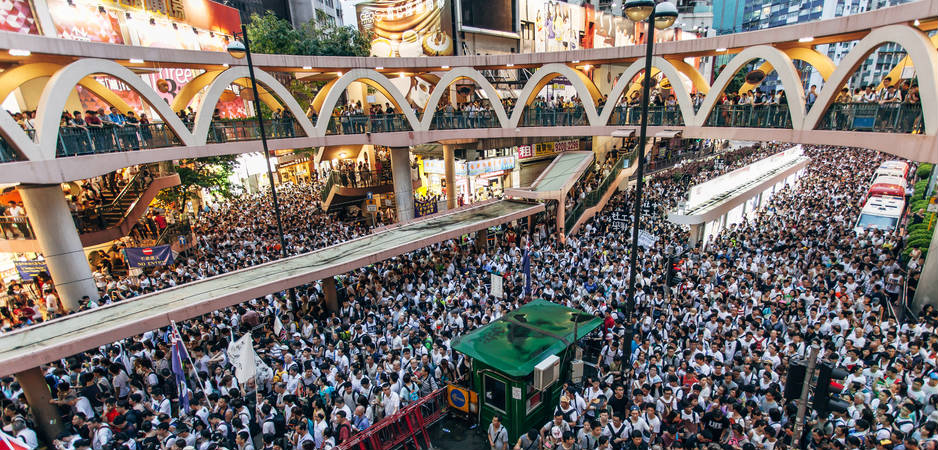
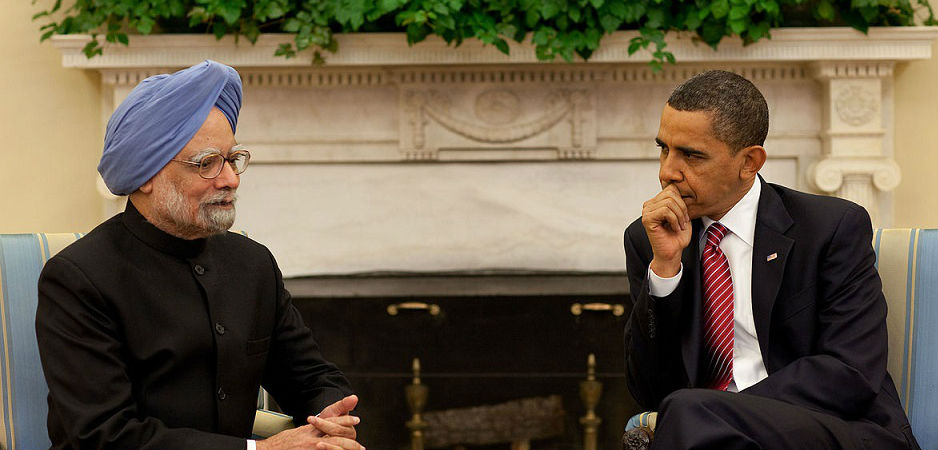



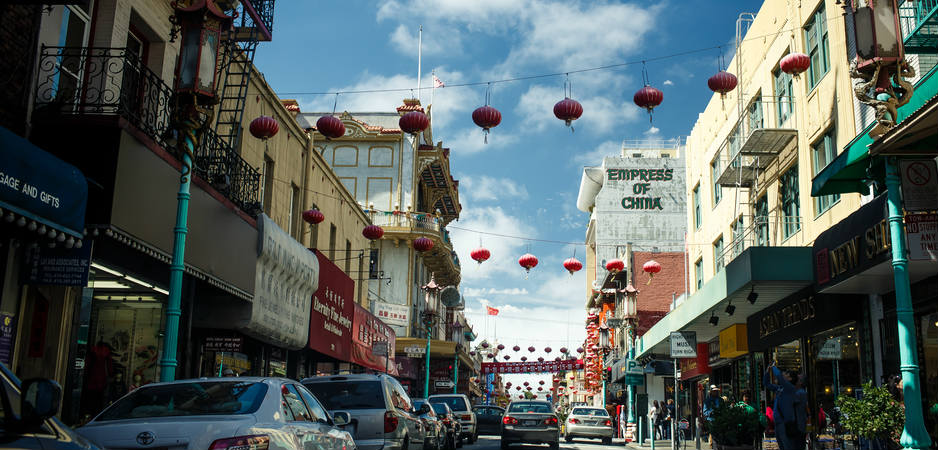

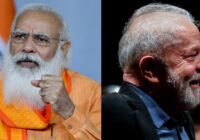
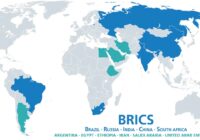

Comment